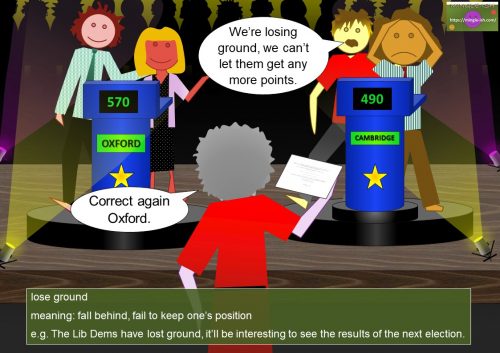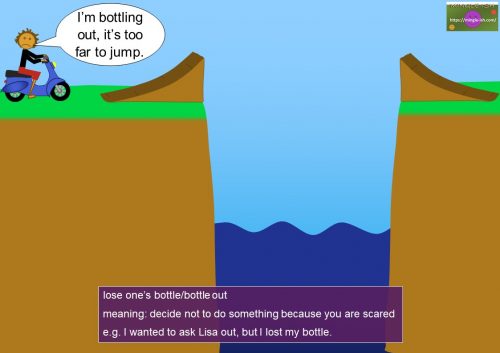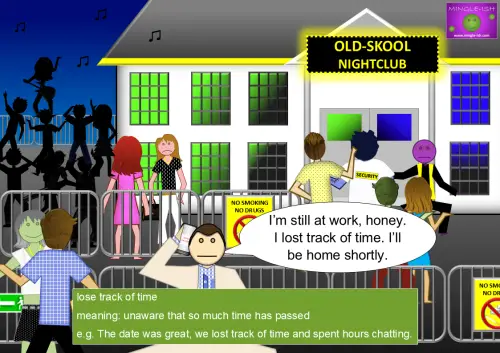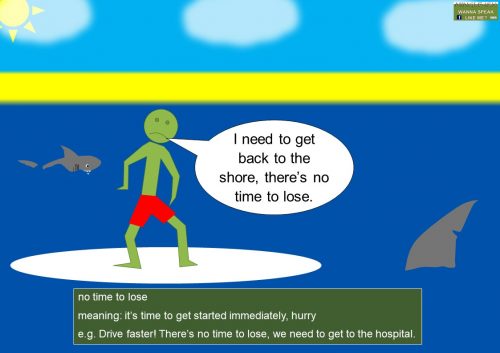The verb ‘lose’ pops up in loads of common idioms — and they’re not all about misplacing your keys! In this list, you’ll learn everyday expressions like ‘lose your cool’, ‘lose track of time’, and more. These idioms will help you sound more natural and fluent, especially if you’re an ESL or EFL learner looking to boost your English skills.
What does ‘lose’ mean?
The word ‘lose’ can mean many different things. As a verb, it means no longer having something/someone, less than before, get rid of or be defeated.
For example:
- I’ve lost my car keys, have you seen them? (means no longer having something/someone)
- I’ve lost 2 kilos this ,month. (less than before)
- Lose the attitude, or you’ll be washing your own clothes. (get rid of)
- United lost the game 3-0. (be defeated)
Lose is an irregular verb. The past tense and the past participle is lost. I’ll give you an example sentence of each tense:
- My mother is losing her marbles. (present)
- The business lost £300,000 last year. (past simple)
- I have lost 3 family members this month. (past participle)
HOT TIP: Lose is pronounced like ‘luz’ with a voiced ‘s’. It’s often confused with the word loose. Loose is an adjective and it rhymes with goose.




